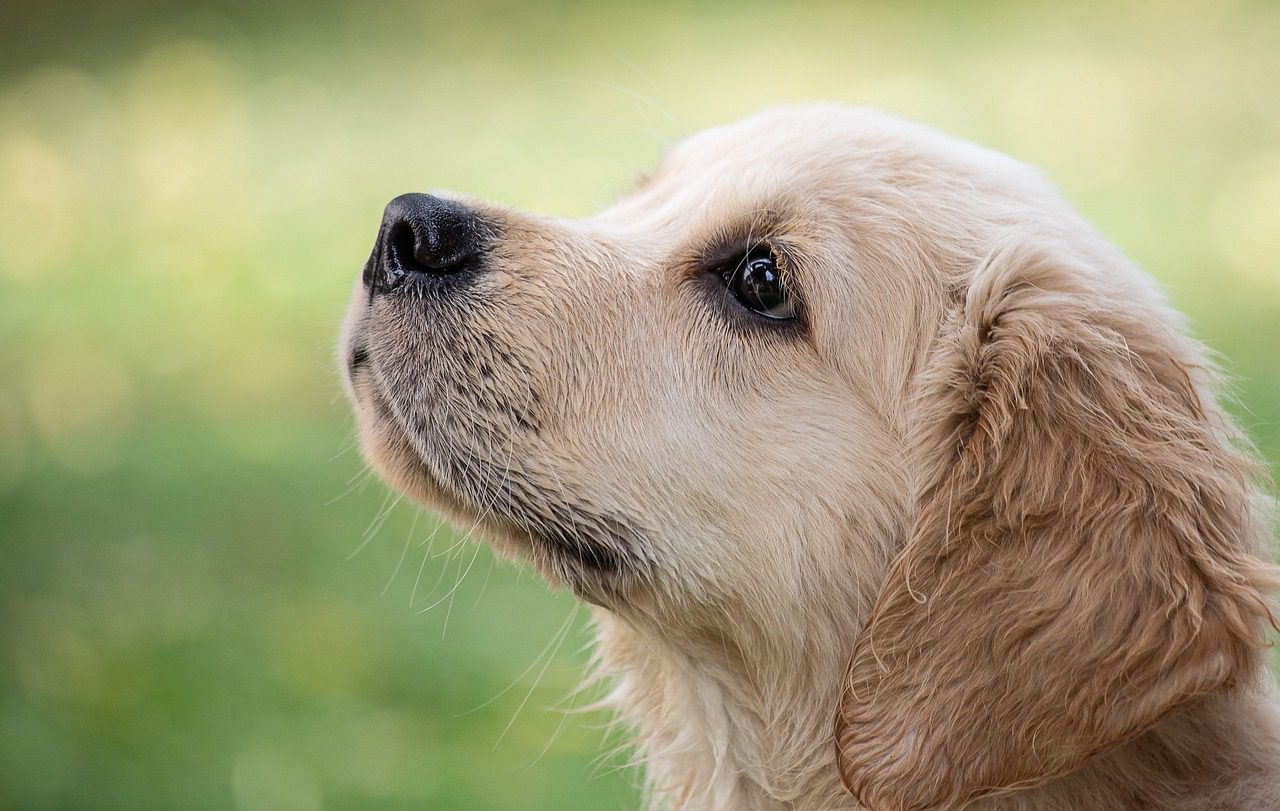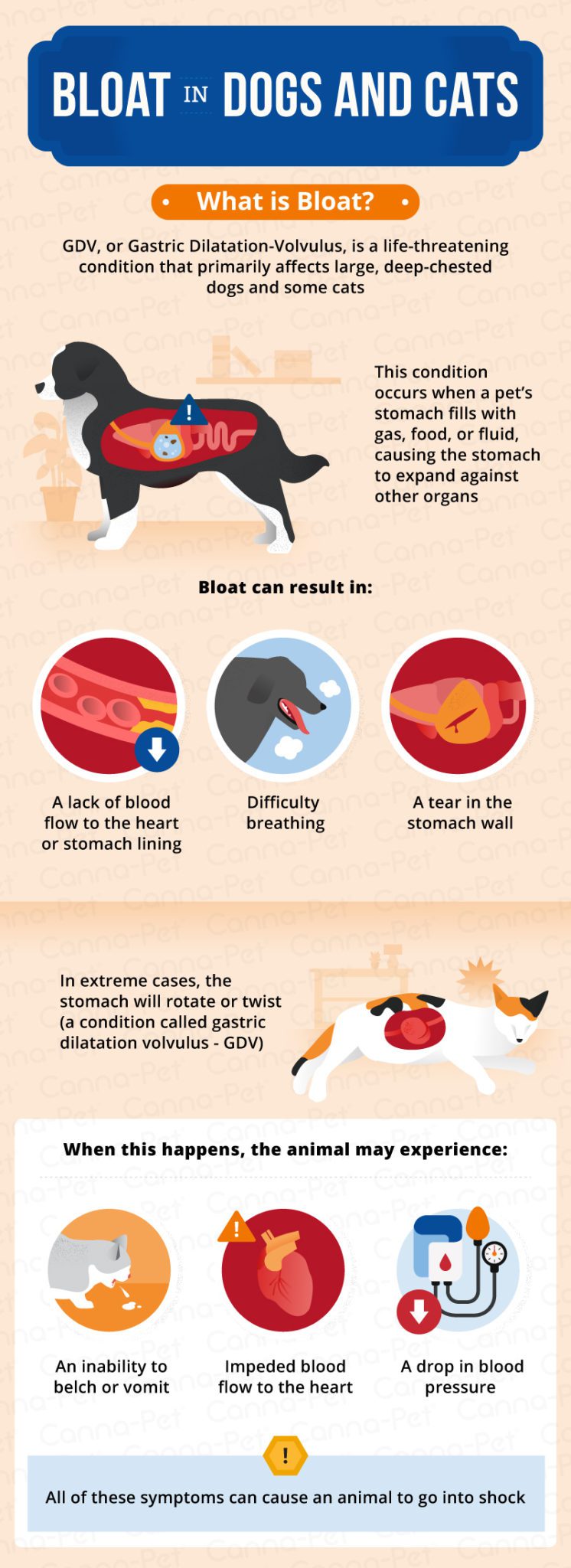Key Takeaways:
- Great Danes are known for their large size, standing at least 30 inches tall and weighing between 100-200 pounds.
- They have a gentle and friendly temperament, making them great family pets and good with children.
- Great Danes require regular exercise to prevent obesity and maintain their overall health.
- Proper training and socialization are essential for Great Danes to ensure they become well-behaved adult dogs.
- Careful attention should be given to their diet to prevent bloat, a potentially life-threatening condition common in deep-chested breeds like Great Danes.
Are you a dog lover? If so, get ready to dive into the fascinating world of Great Danes - one of the most majestic and gentle dog breeds out there. Whether you're considering getting a Great Dane as a pet or simply curious about these magnificent creatures, understanding their characteristics and care is essential. Did you know that Great Danes hold the record for being the tallest dog breed in the world? But there's so much more to discover about these lovable giants. So, let's explore the captivating world of Great Danes together, uncovering their unique traits and learning how to provide them with the love and care they deserve. Get ready to be amazed by these incredible dogs and become an expert in all things Great Dane!
What is a Great Dane and what makes it special?
Introduction to Great Danes
A Great Dane is a giant breed of dog known for its impressive size and gentle nature. It is one of the largest dog breeds in the world, often reaching heights of 28-32 inches at the shoulder and weighing between 110-175 pounds. Despite its size, the Great Dane is known for being friendly, affectionate, and patient.
One thing that sets Great Danes apart is their elegant appearance. They have a muscular build with a sleek coat that can come in various colors such as fawn, brindle, black, or blue. Their expressive eyes and floppy ears add to their charm.
The Gentle Giants
Great Danes are often referred to as "gentle giants" due to their calm and loving nature. They are known for being great family pets and are especially good with children. Their patient temperament makes them an ideal companion for kids who enjoy playing with dogs.
In addition to their gentle personality, Great Danes are also very loyal and protective of their families. They can be excellent watchdogs, alerting their owners when something seems amiss. However, they are not typically aggressive unless provoked or if they sense a threat to their loved ones.
Special Qualities
- Great Danes have a unique ability to adapt well to different living environments. Despite their large size, they can live comfortably in apartments as long as they receive regular exercise.
- They have a relatively short coat that requires minimal grooming compared to other breeds.
- Great Danes are intelligent dogs that can be trained easily with patience and positive reinforcement techniques.
Overall, Great Danes are special because they combine impressive size with a gentle and loving nature, making them wonderful companions for individuals and families alike.
How big can a Great Dane get and how does its size affect its care?
Size of a Great Dane
A fully grown Great Dane can reach an impressive height of up to 32 inches at the shoulder and weigh between 110 to 175 pounds. This makes them one of the largest dog breeds in the world. Their immense size is often a source of awe and admiration.
Care for a Large Dog
Owning a large dog like a Great Dane requires special considerations. Firstly, their size means they need more space to move around comfortably. A spacious home with a large yard is ideal for them to stretch their legs and play. Additionally, providing them with a comfortable bed that supports their joints is crucial.
Dietary Needs
Due to their size, Great Danes have unique dietary requirements. They require high-quality dog food specifically formulated for large breeds. It's important to feed them appropriate portions to prevent obesity, which can lead to health issues such as joint problems and heart disease.
Exercise Requirements
Despite their massive size, Great Danes are not overly active dogs. However, they still require regular exercise to maintain good health and prevent weight gain. Daily walks or moderate exercise sessions are sufficient for them. Avoid excessive exercise during their growth phase as it may strain their developing bones.
Veterinary Care
Regular veterinary check-ups are essential for maintaining the well-being of your Great Dane. Due to their large size, they may be prone to certain health issues such as hip dysplasia or bloat. These conditions can be detected early through routine examinations and preventive measures can be taken.
Taking care of a Great Dane requires dedication and understanding of their specific needs due to their extraordinary size. With proper care, they can live long, happy lives as gentle giants.
What is the personality of a Great Dane and how does it behave with kids and other pets?
Gentle and Friendly Nature
Great Danes have a reputation for being gentle and friendly dogs. They are known for their calm and patient demeanor, making them excellent companions for families, including those with children.
Behavior with Kids
Great Danes generally get along well with children. Their patient nature allows them to tolerate the sometimes boisterous behavior of kids. However, supervision is crucial when young children interact with any dog to ensure both the child's safety and the dog's comfort.
Training Tips
To foster a positive relationship between a Great Dane and children, early socialization and obedience training are essential. Teach children how to approach and interact with the dog respectfully, avoiding rough play or pulling on their ears or tail. This will help establish boundaries and prevent any potential accidents.
Behavior with Other Pets
Great Danes can also be compatible with other pets if properly introduced from an early age. They typically have a friendly disposition towards other animals, but individual personalities may vary. Supervised interactions during the initial stages will help ensure a harmonious coexistence between your Great Dane and other pets.
Remember, every dog has its own unique personality, so it's important to assess each situation individually when introducing your Great Dane to kids or other pets. Proper training, socialization, and supervision are key factors in fostering positive relationships.
How much exercise does a Great Dane need due to its large size?
Moderate Exercise Requirements
Contrary to their imposing size, Great Danes do not require excessive amounts of exercise. While they may enjoy occasional bursts of energy, they are generally low-energy dogs that prefer lounging around.
Exercise Recommendations
To keep your Great Dane healthy and fit, aim for around 30 to 60 minutes of exercise per day. This can include leisurely walks, playtime in a secure area, or gentle activities such as swimming. Avoid strenuous exercise during their growth phase to prevent potential joint and bone problems.
Importance of Mental Stimulation
In addition to physical exercise, mental stimulation is crucial for the well-being of Great Danes. Engage them in interactive games, puzzle toys, or obedience training sessions to keep their minds sharp and prevent boredom.
Remember that each dog is unique, so it's important to assess your Great Dane's individual needs and adjust their exercise routine accordingly. Regular exercise not only keeps them physically healthy but also contributes to their overall happiness and well-being.
What are the grooming needs for a Great Dane's coat and why is regular maintenance important?
Low Maintenance Coat
Great Danes have short coats that require minimal grooming compared to many other breeds. Their sleek fur does not tangle easily, making them relatively low-maintenance in terms of coat care.
Brushing Routine
Regular brushing with a soft bristle brush or grooming mitt helps remove loose hair and keeps their coat looking shiny. Aim for weekly brushing sessions to maintain a healthy coat and minimize shedding.
Bathing Frequency
Great Danes do not require frequent baths unless they get particularly dirty or develop an odor. Bathing every few months using a mild dog shampoo is usually sufficient. Over-bathing can strip their skin of natural oils, leading to dryness and irritation.
Nail Trimming
Regular nail trimming is essential for Great Danes as their nails can grow long quickly. Long nails can cause discomfort while walking or even lead to joint issues. Aim to trim their nails every 2-3 weeks, or as needed, using proper dog nail clippers.
Ear and Dental Care
Routine ear cleaning and dental care are important aspects of Great Dane grooming. Clean their ears regularly with a veterinarian-recommended ear cleaner to prevent infections. Additionally, maintain good oral hygiene by brushing their teeth regularly with dog-friendly toothpaste and providing dental chews or toys.
Regular grooming not only keeps your Great Dane looking neat but also helps maintain their overall health. By establishing a consistent grooming routine, you can ensure your Great Dane remains comfortable and happy.
Are there specific health issues that Great Danes may have, and how can owners help prevent or manage them?
Potential Health Concerns
Great Danes are prone to certain health issues due to their large size and genetics. It's important for owners to be aware of these potential concerns to provide the best possible care for their beloved pets.
Common Health Issues
One common health issue in Great Danes is hip dysplasia, a condition where the hip joints do not develop properly. Regular exercise, maintaining a healthy weight, and providing joint supplements recommended by your veterinarian can help manage this condition.
Another concern is bloat or gastric torsion, which occurs when the stomach fills with gas and twists on itself. Feeding multiple small meals throughout the day instead of one large meal, using elevated feeding bowls, and avoiding vigorous exercise after meals can reduce the risk of bloat.
Regular Veterinary Check-ups
To catch any potential health problems early on, it's crucial to schedule regular veterinary check-ups for your Great Dane. Routine examinations allow veterinarians to monitor their overall health, detect any underlying issues, and provide appropriate preventive measures or treatments.
Proper Nutrition
Feeding a high-quality diet specifically formulated for large breeds is essential for the overall health and well-being of Great Danes. Providing a balanced diet with appropriate portions helps maintain a healthy weight and reduces the risk of obesity-related health issues.
By being proactive in preventive care, regular veterinary check-ups, and providing a nutritious diet, you can help ensure your Great Dane lives a long and healthy life.
Tips for training a Great Dane, especially for first-time dog owners.
Start Early and Be Consistent
Training a Great Dane should begin as early as possible to establish good behavior patterns. Consistency is key when it comes to training any dog, but particularly important with this breed due to their size.
Basic Obedience Training
Start with basic obedience commands such as sit, stay, come, and down. Use positive reinforcement techniques like treats or praise to reward desired behaviors. Keep training sessions short and frequent to maintain their focus.
Socialization
Socializing your Great Dane from an early age is crucial to ensure they are comfortable around people and other animals. Expose them to various environments, sounds, sights, and experiences in a positive manner. This will help prevent fear or aggression issues later on.
Leash Training
Due to their size and strength, leash training is important for both your control and their safety. Teach them to walk politely on a leash without pulling by using positive reinforcement methods. Consider using a sturdy harness instead of just relying on a collar for better control.
Patience and Positive Reinforcement
Great Danes respond best to positive reinforcement techniques rather than harsh discipline or punishment. Patience is key during the training process as they may take longer to grasp certain commands due to their independent nature.
Remember that each dog learns at their own pace, so be patient and consistent in your training efforts. Seek professional help if needed, especially if you are a first-time dog owner. With time, patience, and positive reinforcement, you can train your Great Dane to be a well-behaved and obedient companion.
In conclusion, Great Danes are gentle and friendly dogs known for their giant size. Taking care of a Great Dane requires proper training, exercise, and regular vet check-ups to ensure their health and happiness.
Are Great Danes high or low maintenance?
Great Danes require minimal grooming due to their short coat. A simple brushing once a week is usually enough, and bathing is only necessary when they get dirty. While their coats don't require much maintenance, it's important to note that they are prone to drooling.
Are Great Danes hard to take care of?
Taking care of a Great Dane is easy because of their well-behaved and friendly temperament. Great Dane care involves maintaining good dental hygiene, cleaning their ears, providing regular exercise, and ensuring they receive proper nutrition. This breed does not require extensive grooming, so brushing their coat once a month or as needed should be sufficient.
What are Great Danes behaviors?
Great Danes are known for their gentle and friendly nature. They are moderately active, loving, and great with kids. They are also protective of their home. While Great Danes generally get along well with other animals, especially if they are raised together, some individuals in the breed may show aggression towards unfamiliar dogs.
Is a Great Dane a good indoor dog?
Great Danes are highly adaptable and can thrive in indoor settings, including large apartments, as long as they have regular access to outdoor activities. Despite their large size, they are just as fond of cuddling on your lap as smaller toy breeds.
Can Great Danes be left alone all day?
Great Danes enjoy the presence of their family and, like many other dogs, can become distressed if left alone. They may resort to chewing on furniture and belongings when they are bored or left by themselves, so it is advisable to have someone around to keep them company.
Are Great Danes good for seniors?
Great Danes are a breed of dog known for their large size. They are friendly and easy to live with, but may not be suitable for older individuals. Taking care of a strong and large animal like a Great Dane requires a lot of effort.
















